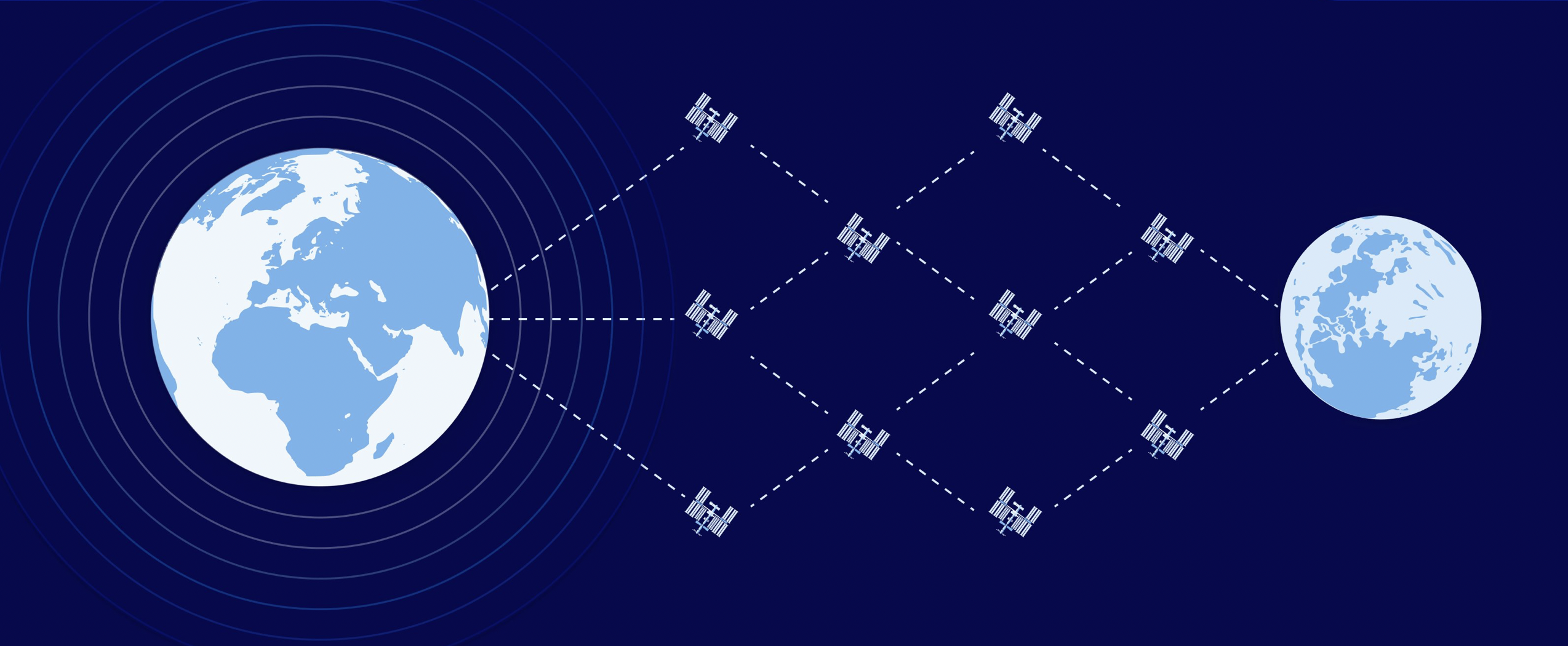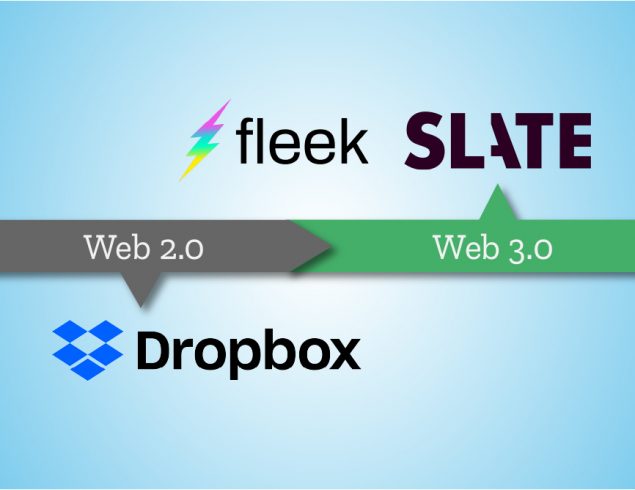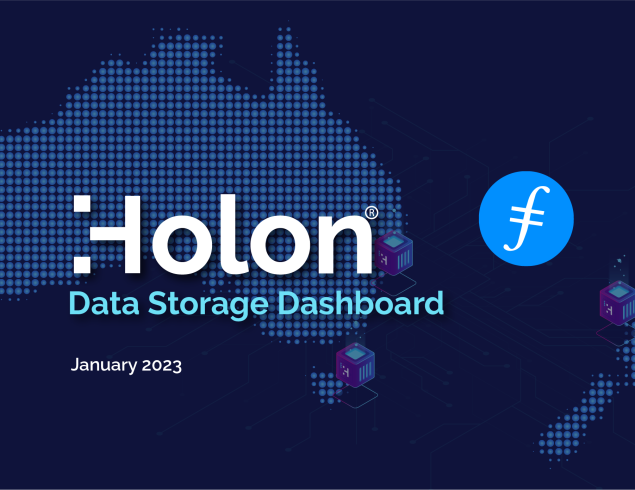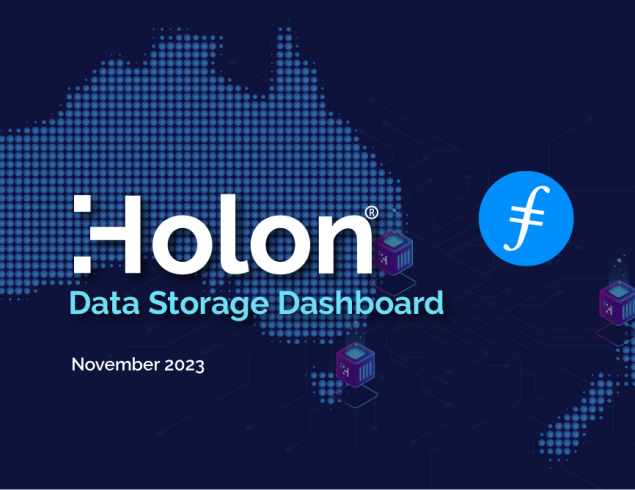Revolutionising Space Communication: Lockheed Martin and Filecoin Foundation collaborate for efficient data storage in outer space
During this year’s annual meeting of the World Economic Forum, Davos, Switzerland, Lockheed Martin, a global security and aerospace company, unveiled a ground breaking collaboration with the Filecoin Foundation. Together, they are embarking on a mission to showcase the capabilities of the Interplanetary File System (IPFS) in the vast expanse of space. This marks a significant step as IPFS goes truly interplanetary, presenting innovative possibilities for the future of space exploration.
For those still grappling with the concept of IPFS, Marta Belcher from the Filecoin Foundation provides clarity. She explains that IPFS, standing for the Interplanetary File System, was conceived from the outset as a solution to facilitate networking in space.
The current centralised internet model proves impractical in the vastness of space. To illustrate, envision being on the moon, attempting to surf the web; with the conventional model, data has to traverse from Earth to space, resulting in a multi-second delay on the moon or a multi-minute delay on Mars. This inefficiency highlights the model’s scalability issues.
In contrast, IPFS operates by seeking content based on what it is, not where it’s located. When you click a link, IPFS retrieves the content from the nearest source, presenting a model conducive to space networking, unlike the limitations of today’s centralised internet.
Joe Landon, the Vice President of Advanced Programs Development at Lockheed Martin Space, emphasized the overarching objective of their collaborative venture: advancing capabilities for space exploration. In partnership with NASA and global companies, the project aims to extend both human and robotic presence in the solar system.
The integration of IPFS holds significant promise in enhancing networking capabilities, minimizing time delays for crucial data, and furnishing an indispensable tool for the development of a burgeoning space economy. Landon highlighted the imperative to cultivate technology that sustains a prolonged presence in space, reducing dependence on Earth-based communications and data storage.
Landon elaborates on this point by stating, “The implementation of decentralised systems in space is logical, given the inherent time delays. By minimizing the frequency of data transmission between Earth and space, the decentralised storage model of IPFS promises to enhance the efficiency of data transfer and communication in the cosmic realm.”
In September, Lockheed Martin and the Foundation initiated the project’s exploration phase. This stage focused on determining the optimal location for hosting the first IPFS node in space.

Source: Filecoin Foundation
While a satellite emerged as a potential platform, various other spacefaring platforms were under consideration. The comprehensive assessment involved defining technical specifications, both in terms of software and hardware requirements, and identifying a mission profile suitable for deployment. The envisioned outcome involves the deployed node serving as a pivotal link, facilitating the seamless relay of data between Earth and other spacecraft in the vast expanse of space.
Currently, the majority of spacecraft launched into space are primarily dedicated to supporting Earth-centric objectives, such as capturing images of our planet, gathering data, and facilitating communication between various locations on Earth. While these activities undeniably yield significant benefits for us on Earth, they largely remain confined to our immediate planetary sphere and do not extend beyond the confines of our home world.
Furthermore, due to the reliance on objects orbiting the Moon or Mars for these interactions and the vast distances in space, communication faces a significant delay, taking several minutes to reach its destination. This limitation could be effectively addressed by implementing the IPFS and leveraging spacecraft as relays. This innovative approach has the potential to substantially reduce latency, enhancing the efficiency and responsiveness of communications in space exploration.
To pave the way for the prosperous development of a space economy, the indispensable need for robust data storage infrastructure becomes evident. The seamless operation of transactions within the realm of space demands low-latency interactions between systems, exemplified by scenarios such as a satellite refueling another satellite. As the foundation of a burgeoning space-based economy, efficient data storage capabilities are pivotal, ensuring the fluidity and precision required for transactions to unfold exclusively within the cosmic expanse.
In conclusion, the implementation of an IPFS solution in space, as highlighted by Landon, emerges as a transformative advancement for astronauts. With this technology in place, the conventional need to request critical procedures from Earth becomes obsolete. Landon’s insight underscores the significant time savings—up to 12 minutes in certain scenarios—when accessing vital information while enroute to Mars.
Placing essential data on a server situated on the Moon or Mars directly ensures swifter retrieval, thereby enhancing not only the efficiency but also the safety of astronauts during their space missions. This revolutionary approach stands poised to redefine the parameters of space exploration, offering a paradigm shift that aligns with the imperative of ensuring the well-being and success of future space endeavours.
Disclaimer: This Article has been prepared by Holon Global Investments Limited ABN 60 129 237 592. Holon Global Innovations Pty Ltd (“HGI”) is a wholly owned subsidiary of Holon Global Investments Limited (together “Holon”). HGI is a Filecoin (FIL) Storage Provider and is positioned as a major player in the FIL decentralised data storage arena. FIL Storage Providers are rewarded in FIL for the provision of data storage capacity. Holon, its officers, employees and agents believe that the information in this material and the sources on which the information is based (which may be sourced from third parties) are correct as at the date of publication. While every care has been taken in the preparation of this material, no warranty of accuracy or reliability is given and no responsibility for this information is accepted by Holon, its officers, employees or agents. Except where contrary to law, Holon excludes all liability for this information.





